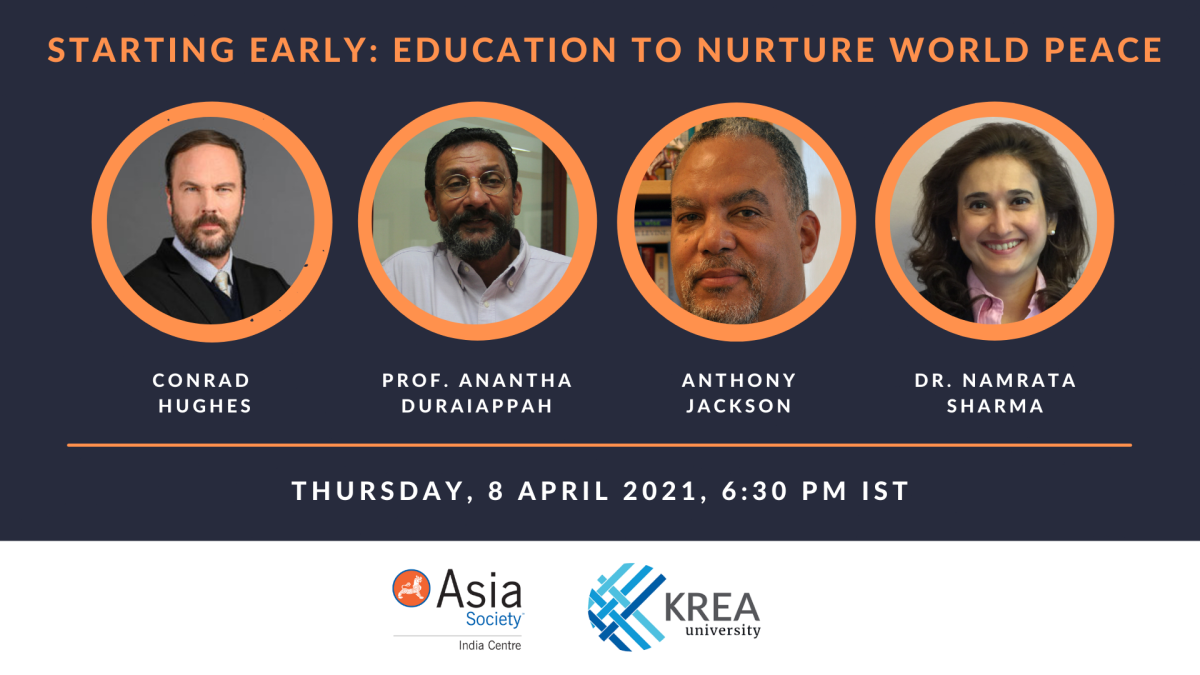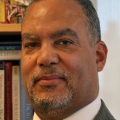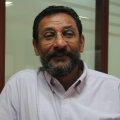Starting Early: Education To Nurture World Peace
VIEW EVENT DETAILSThursday, April 8, 6:30 PM IST

LIVE ON FACEBOOK
Watch LIVE on Facebook
The 2019 global youth climate strikes mobilized thousands of youths across the world demanding action from national and international leaders on climate change and environment-related issues. In 2020 the COVID-19 pandemic forced children and young adults to restrict their learning and pedagogy to the confines of their homes and computers. Since last year, the ugly turn of events with respect to racism shows us that no amount of technological and scientific progress can advance societies if the most fundamental issues remain unaddressed. As said by the former United Nations Secretary-General Ban Ki-moon, “Defeating racism, tribalism, intolerance and all forms of discrimination will liberate us all, victim and perpetrator alike.”
Global problems require global solutions. As global citizens, it is incumbent upon us, our communities, our intelligentsia and our education systems to find solutions and act on them. Global Citizenship Education (GCED), a concept promoted by the United Nations Educational, Scientific and Cultural Organization (UNESCO) offers critical solutions in this direction. The UN’s Global Education First Initiative notes “It is not enough for education to produce individuals who can read, write and count. Education must fully assume its central role in helping people to forge more just, peaceful, tolerant and inclusive societies.” Focussing on three key pillars of learning - cognitive, socio-emotional and behavioural, GCED aims at capacity building of global citizens to work actively towards building a society that promotes peace, inclusiveness, tolerance and equality for all.
UNESCO’s Asia and Pacific Regional Bureau for Education (UNESCO Bangkok) and the UNESCO Mahatma Gandhi Institute of Education for Peace and Sustainable Development (MGIEP), are leading the initiative by introducing new curriculum models, assessment patterns and improved teacher training modules across education systems worldwide. The International Baccalaureate programme is one such success story which is aiming to transform the present learning systems and emphasize aspects of critical thinking, psychosocial learning and problem-solving among others.
However, these approaches need to be widely adapted. Educationalists need to frame policies that promote GCED and integrate its teachings within curriculum and classroom teaching. Presently, efforts for GCED's incorporation are being implemented in the form of educator guides and interactive learning material provided to teachers. Additionally, indigenous models like the School in the Cloud in India are being developed to encourage student participation and support student-driven learning practices.
How can we harness the transformative power of education to build citizens of the future? Join us as we discuss perspectives on Global Citizenship Education (GCED), its implementation and various advantages with Conrad Hughes, Campus and Secondary Principal, International School of Geneva, La Grande Boissière; Dr. Anthony Jackson, Head, Center for Global Education, Asia Society and Prof. Anantha Duraiappah, Director, UNESCO MGIEP. The discussion will be moderated by Dr. Namrata Sharma, Adjunct Professor, State University of New York at Oswego. Prof. Sunder Ramaswamy, Vice-Chancellor, Krea University will be delivering the opening remarks.
Click here to register for the programme

Conrad Hughes is Campus and Secondary Principal at the International School of Geneva, La Grande Boissière, education advisory board member for the University of the People and research assistant at the University of Geneva's department of psychology and education. He teaches philosophy. Conrad has published widely in peer-reviewed journals and contributes regularly to the World Economic Forum's Agenda and UNESCO's research publications. His most recent books are Understanding Prejudice and Education: The Challenge for Future Generations (2017, Routledge) and Educating for the 21st Century: Seven Global Challenges (2018, Brill). Education and Elitism: Challenges and Opportunities (2021, Routledge), comes out in April 2021.

Anthony Jackson is Vice President and Director of the Center for Global Education at Asia Society, which strives to enable all students to graduate high school prepared for college, for work in the global economy, and for 21st century global citizenship. The Center is a platform for collaboratively advancing education for global competence for all youth by empowering teachers’ and school leaders’ professional development, systems change and public engagement. Trained in both developmental psychology and education, Anthony is a leading expert on secondary school education reform and adolescent development. He co-authored Turning Points 2000, a blueprint for middle school reform, and co-authored Educating for Global Competence: Preparing Our Youth to Engage the World.

Prof. Anantha Duraiappah is Director of the UNESCO Mahatma Gandhi Institute of Education for Peace and Sustainable Development (MGIEP) based in New Delhi, India. A science-policy pacesetter, with over 35 years’ experience, he now plays a key role in positioning UNESCO MGIEP as a leading science and evidence-based research institute on education for peace, sustainable development and global citizenship. Additionally, Anantha is a Fellow of the World Academy of Arts and Sciences (WAAS), a Fellow of The World Academy of Sciences (TWAS) and Co-Chair of The International Science and Evidence based Education (ISEE) Assessment that contributes to re-envisioning the future of education for human flourishing.
Dr. Namrata Sharma is a faculty member at the State University of New York, USA, and an expert with the United Nations’ Harmony with Nature Knowledge Network. She is an international education consultant and has served on the Boards of several professional organizations in India, USA, and Europe. Dr. Sharma holds a Bachelor’s degree from Delhi University, India; a Master’s degree in Education from Soka University, Tokyo, Japan; and a Ph.D. from the University College London – Institute of Education, U.K. She is a published author, with a recent book being Value-creating global citizenship education for sustainable development: Strategies and approaches (Palgrave Macmillan, 2020).
This programme is convened in partnership with the KREA University
